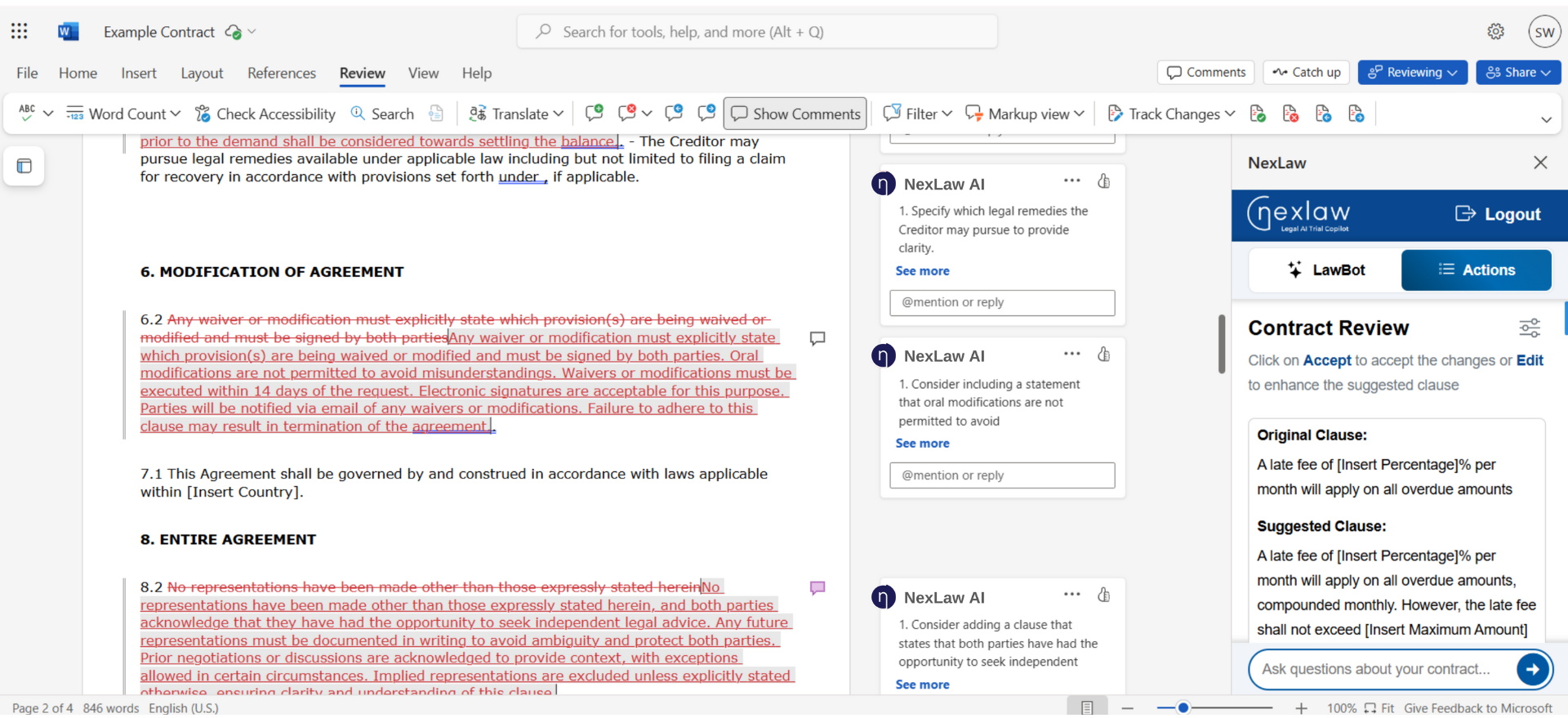Speed and Efficiency
AI streamlines repetitive and time-consuming tasks involved in document review, such as data extraction (including names, addresses, dates, and numbers), keyword tagging, redaction (for privacy, project confidentiality, and trade secrets), and classification (organizing documents into specific categories for quicker access). This automation significantly decreases the time and effort needed for document reviews, resulting in faster completion times and more efficient workflows.
Accuracy and Consistency
AI enhances the accuracy of document reviews by identifying relevant documents that human reviewers might overlook. Machine learning algorithms, including those utilized in Predictive Coding and Active Learning, can recognize patterns within data, enabling reviewers to locate pertinent documents with greater reliability. Natural Language Processing (NLP) facilitates the extraction of key terms and concepts, identifies relationships between entities, and presents documents in a more intuitive, topic-oriented manner. Additionally, AI’s capability to apply past coding decisions ensures consistent treatment of sensitive information, thereby minimizing the risk of errors.
Cost Reduction
By automating labor-intensive tasks while improving the speed and accuracy of document reviews, AI contributes to a reduction in overall costs associated with the process. Law firms can save on labor expenses and mitigate costs stemming from human error. Furthermore, the ability to reuse coding decisions decreases the necessity for repeated reviews, leading to additional cost savings.
